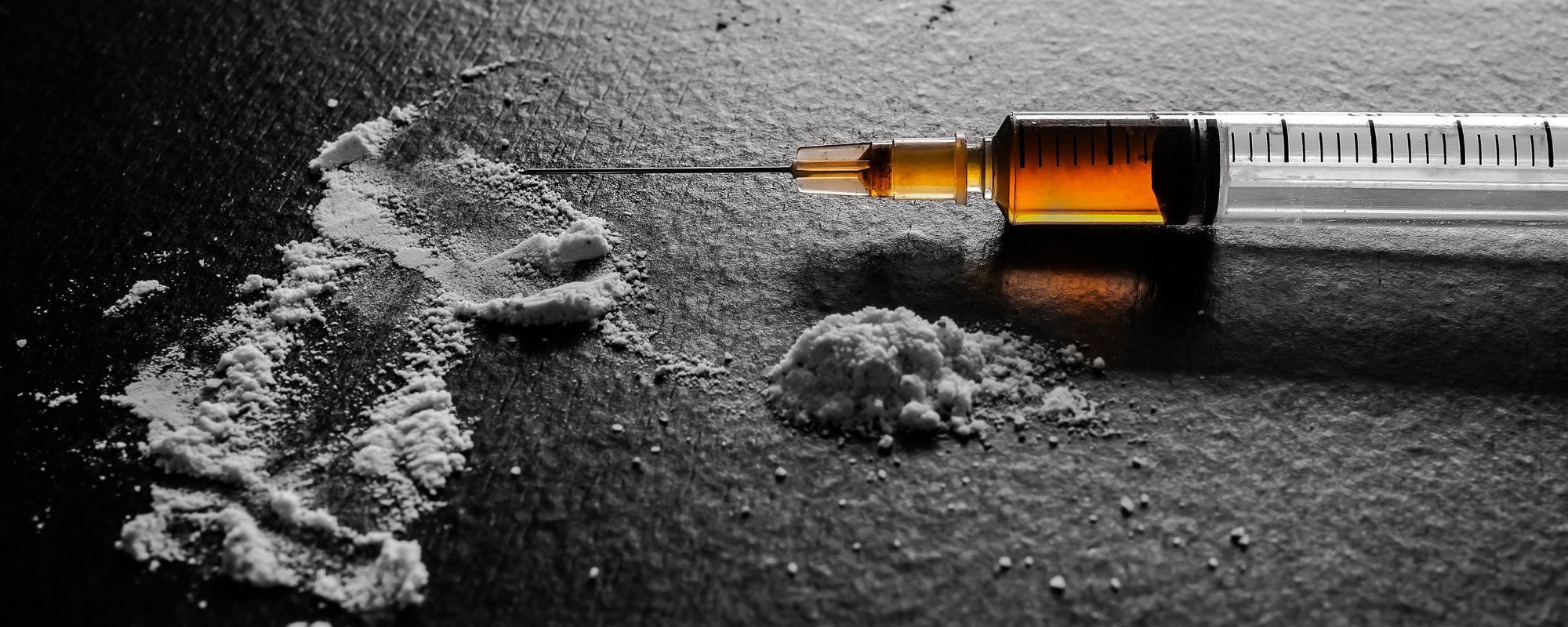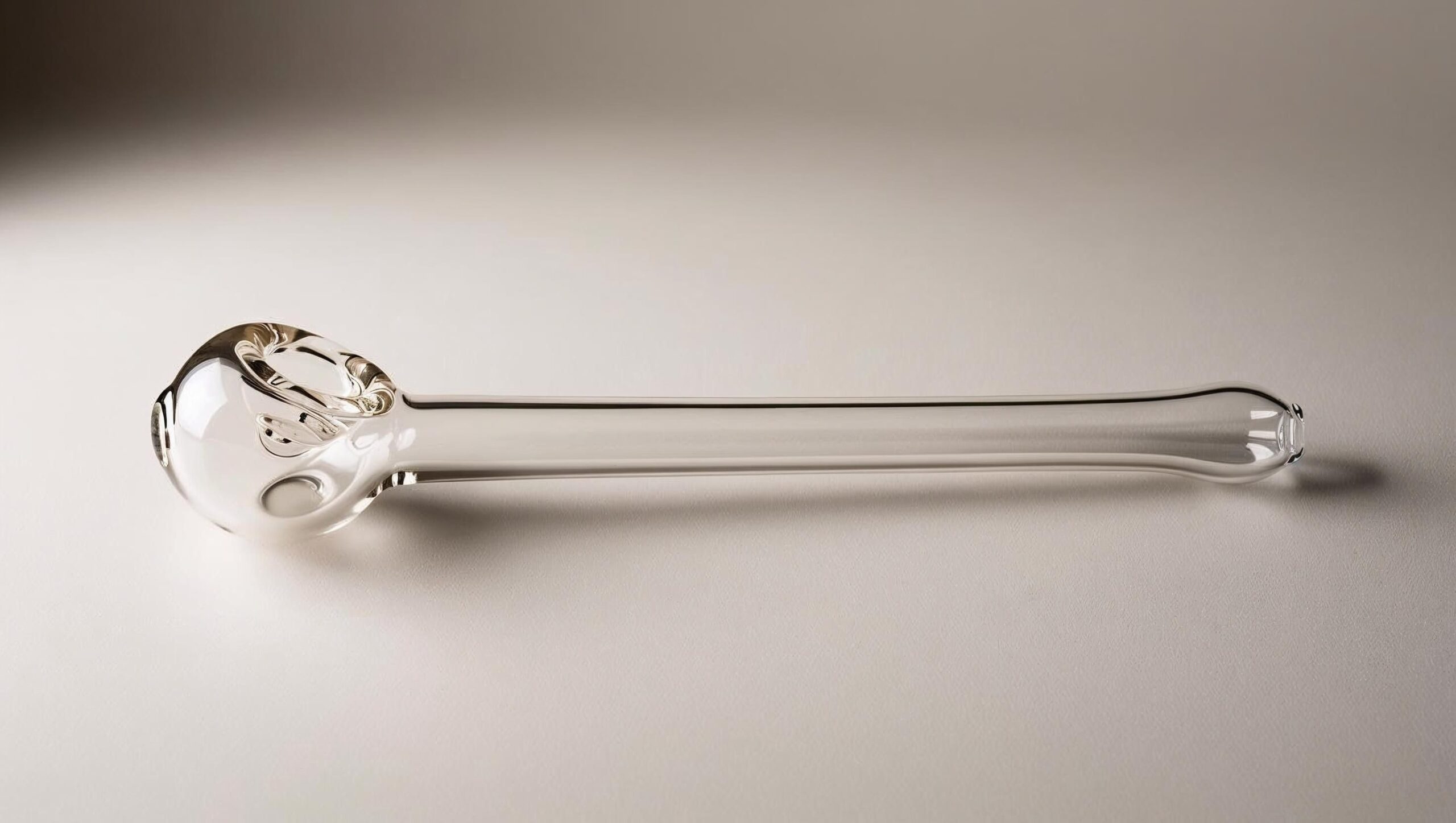PTSD and alcohol abuse have a much closer relationship than many may realize. This is especially true for military veterans. For many of the country’s service members, PTSD and alcoholism are an all too familiar battle. PTSD stands for post-traumatic stress disorder, and it can lead to drug and alcohol abuse when left untreated. Stress disorders cause extra anxiety and uncomfortable feelings and people can turn to substances to self-medicate. Unfortunately, many who suffer from PTSD and substance abuse are members of the military and first responders. That means trauma-informed care is the best course of action when it comes to a rehab program and recovery.
At Royal Life Centers, we strive to help our community heal from mental health and addiction issues. Our treatment programs for veterans can help you heal from PTSD and alcohol abuse. We are here to help you achieve the best life possible.
Why Do Military Veterans Have PTSD?
Military veterans are at an increased risk for PTSD due to the nature of their service. When serving in the military, individuals are at increased risk of exposure to trauma, and as a result, a drinking problem. Military personnel face a variety of dangers during deployment.
These include combat situations, threats of violence, and witnessing death and injury. Military sexual trauma is also an unfortunately common experience among both male and female service members. These experiences can be very stressful and traumatic.
Not to mention, the intense stress of combat often faced by military members. The constant vigilance and hyperarousal required in combat zones can take a serious toll on a person’s mental health. Any of these situations can lead to the development of PTSD.
Does Drinking Help With PTSD?
For military veterans, the symptoms of their PTSD can feel overwhelming and debilitating. It can make leading an average life very difficult, especially if they do not have support. Because of this, many veterans turn to drinking as a way to cope with their PTSD.
At first, the sedative and euphoric effects of alcohol can feel like an easy way out of their struggles. Unfortunately, this is neither a safe nor effective method for managing PTSD. Excessive alcohol use can lead to a worsening of their condition over time and a serious drinking problem.
Both short-term and long-term alcohol abuse can have serious consequences. For veterans struggling with PTSD, alcohol can exacerbate their symptoms. This can increase their risk of causing harm to themselves or others when intoxicated.
If a person’s drinking goes on for long enough, this can lead to dependence and eventual addiction. Alcohol addiction can also cause them to develop new mental health issues, such as depression and anxiety.
Because of these risks, drinking is not a safe or reliable method for managing PTSD. Instead, those struggling with this issue should seek professional treatment. Royal Life Centers offers several mental health treatment options designed to address the specific needs of veterans and first responders.
Reach Out for Help With PTSD
Are you struggling with trauma?
Royal Life Centers at Spokane Heights is here to help you recover. Because we care.
What Are the Dangers of PTSD and Alcohol Abuse?
PTSD and alcohol abuse are both serious conditions that can have a devastating impact on a person’s life. When they occur together, they can worsen each other’s symptoms and create a dangerous cycle.
Alcohol can worsen PTSD symptoms. It can make flashbacks and nightmares more likely and can make it harder to cope with stress. Excessive drinking can also lead to physical and mental health complications of its own. This, in combination with the symptoms of PTSD, can be very harmful to the person, as well as the people around them.
Where Can a Military Veteran with PTSD and Alcohol Abuse Go for Help?
For military veterans who are struggling with both PTSD and alcohol abuse, it is important to seek help. Professional treatment centers can provide the necessary support and structure to address both of these issues at the same time.
Dual diagnosis treatment offers comprehensive care designed to address co-occurring disorders. Because PTSD and alcoholism often go hand-in-hand, there are many treatment options available for these conditions.
Seeking professional help for your PTSD and alcohol abuse can help you achieve a happier and healthier life. These programs can provide you with the coping mechanisms and life skills necessary for independent sobriety.
Not only will you be able to recover in a safe and supportive environment, but you will also have access to extensive resources. This can include support groups, medication management, job opportunities, and more.
Alcohol Addiction and PTSD Treatment at Royal Life Centers
Royal Life Centers offers comprehensive PTSD and alcohol addiction treatment at Spokane Heights. Our goal is to provide personalized care to each of our guests that promotes healing of the mind, body, and spirit.
We work with each of our guests one-on-one to create a treatment plan that is customized to their needs. No matter what your substance abuse or mental health struggles may be, we are equipped to address every one of them. Some of the treatment options you will have access to at our Spokane facility include:
- Medical Detox
- Residential Treatment Programs
- Outpatient Treatment Programs
- Dual Diagnosis Program
- Behavioral Therapies
- Holistic Treatments
- Medication-assisted treatment (MAT)
- Case Management
Through our network of Washington State treatment centers, we can also offer a partial hospitalization program, intensive outpatient program, and other wellness programs for substance abuse and PTSD.
If you are ready to begin your recovery, we are here to help. Our admissions team is available 24 hours a day, seven days a week. We are happy to answer any questions you may have about our program and help you understand your treatment options. Reach out to us anytime for insurance verification and to get started on your journey to a happier, healthier life.
REFERENCES:
- Post-Traumatic Stress Disorder – National Institute of Mental Health (NIMH) (nih.gov)
- PTSD Basics – PTSD: National Center for PTSD (va.gov)
- Alcohol use disorder – Symptoms and causes – Mayo Clinic
- The Cycle of Alcohol Addiction | National Institute on Alcohol Abuse and Alcoholism (NIAAA) (nih.gov)
- Drinking too much alcohol can harm your health. Learn the facts | CDC
- PTSD and Problems with Alcohol Use – PTSD: National Center for PTSD (va.gov)
- Alcohol Use Disorder and PTSD: An Introduction – PMC (nih.gov)

























